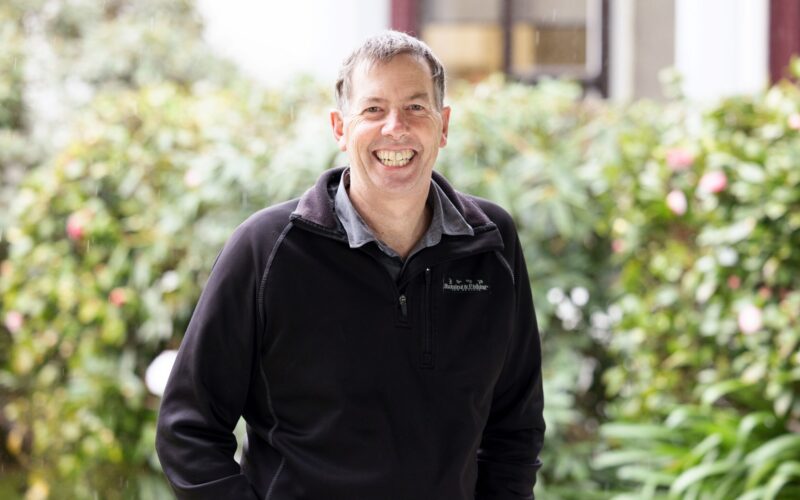
The research community is motivated by nothing more than scientific progress, says an AgResearch team leader.
Scientists like myself copped some heat in a recent opinion piece in Farmers Weekly, “Market, not scientists, must drive GM stance”, penned by a group of dairy farmers who were challenging expected reforms around genetic technologies.
The piece raised fair questions about what expanded use of genetic modification (GM) or gene editing (GE) might mean for New Zealand’s industries and export markets. This will undoubtedly be an important area of discussion in the Parliamentary process that lies ahead.
But the piece also painted an unfair picture of scientists driving law changes and pushing an agenda without regard for collateral damage inflicted on farmers or the country. It would be nice to think that scientists carried that kind of political influence, but seldom is that the case.
Scientists that work at Crown Research Institutes (CRIs) as I do, studying the potential of these plant technologies in a New Zealand context, are highly motivated by making scientific progress.
We are not interested in progress at any cost. The CRIs that employ us have a clearly defined role to work for the benefit of New Zealand. Therefore, introducing new technologies that knowingly damage NZ’s industries and markets would run counter to everything we do and stand for.
Industries will have to do their due diligence on what introduction of GM or GE will mean for their markets. We can look to our closest neighbour, Australia, to see what its experience has been successfully growing and exporting both modified and non-modified crops over the years.
And we should consider that many of the markets NZ sells to already produce or consume genetically modified products, not to mention the fact that many of the imported foods we consume right here in NZ are made or sourced from modified products.
What we are advocating for is greater opportunity to trial and test these technologies (for example, in contained outdoor field trials) to see what the opportunities and risks are for our industries and the country.
As has been stated now many times, much of the developed world is a long way ahead of NZ when it comes to research and use of these tools. Globally, industries have reaped the rewards of crops that are higher yielding, more productive, more resilient and better for the environment (in the form of less pesticide use etcetera).
If NZ’s primary industries can derive similar benefits, the gains could be considerable. Major challenges such as losses to pests and environmental impacts could be addressed, at least in part. It could also mean a much easier transition to farming and growing in a changing climate.
Modified plants developed using these technologies, and largely confined to labs or glasshouses in NZ to date, are rigorously tested over years. Even if they are proven to be safe and effective, and even if regulations allow their use, they will only be taken up if the value proposition is right for farmers and growers.
It will be the relevant industries, not scientists, that lead the introduction of these technologies. It could be that none of the technologies are adopted. It may be that some farmers and growers adopt these technologies and others do not.
The opinion piece from the dairy farmers warns that preventing contamination of neighbouring properties from modified ryegrass, like the type AgResearch and seed companies are working on, would be near impossible.
Yes, co-existence would be challenging in some circumstances, but it is possible. Other countries that have been growing genetically modified products for decades, alongside organic farms and other non-GM industries, have shown that it is achievable and we can learn from their experience.
Scientists have a role to play in reforms like those the government is pursuing, just as the voices of industry will be critical. In fact, these are issues that all of society can and should have a say on, as changes to those laws and regulations affect us all.
By Richard Scott, AgResearch science team leader
More: Learn more about the work scientists are doing in this area here.
You can now read the most important #news on #eDairyNews #Whatsapp channels!!!
🇺🇸 eDairy News INGLÊS: https://whatsapp.com/channel/0029VaKsjzGDTkJyIN6hcP1K




















